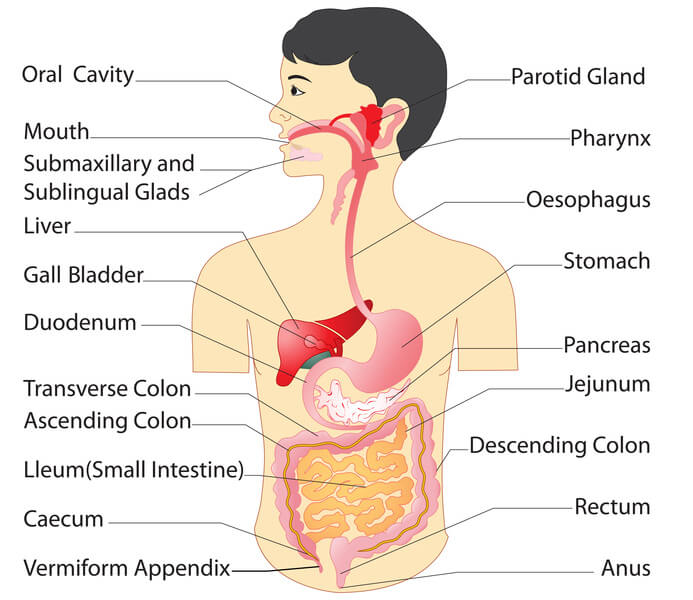Asthma is caused by “ticklish lungs,” or spasms of tiny muscles surrounding airways that occur in response to the slightest irritation. There are any number of triggers. Changes in temperature or humidity, pollen, dust, microscopic mites, smoke, food additives, metabolic changes during exercise, and fluctuations in blood sugar can trigger the chest tightening and wheezing characteristic of asthma attacks. Lung tissue can be made less ticklish with supplements and lifestyle changes; medications also have a place in a responsible asthma plan.
Asthmatics Tend to Have Vitamin and Mineral Deficiencies
Antioxidants are depleted in most asthmatics. Vitamin C with biofavonoids, E, and B vitamins, particularly B6, and Coenzyme Q10 are needed to help repair lung tissue and defend against allergies and infections that make symptoms worse. Magnesium, manganese, and selenium calm and relax smooth muscle, including the lining in the lungs. When taking a calcium/magnesium supplement the ratio should be 2:1. Use chelated forms for improved absorption. Vitamins and minerals can also be found in dark green leafy vegetables such as spinach, romaine lettuce, parsley, and kale. Eat them fresh, raw, juiced, or lightly steamed. Methylsufonylmethane (MSM), an organic form of sulfur, is another mineral that benefits “ticklish lungs.” The anti-inflammatory properties of MSM make it useful for bronchial asthma. Do not confuse this remedy with sulfites, a preservative that may trigger attacks.

Low Blood Sugar is Common in Asthma
While a glucose tolerance test is diagnostic, many asthmatics have frequent blood sugar fluctuations that make them more susceptible to lung irritants. A diet of small frequent meals plus avoidance of sweets and refined starches will keep blood sugars level throughout the day. Unprocessed foods such as whole grains, lean meats and fish, and salad or Asian vegetables are best. Fruit should be eaten on an empty stomach. Omega-3 essential fatty acids, or good fats, such as avocado, walnuts, flax and hemp seeds, or wild caught coldwater fish are very important for lungs and to fight depression.
Allergies to Foods and Additives Play a Part
Eating unprocessed foods eliminates many additives that can trigger asthma attacks. Artificial colors, flavors, flavor enhancers, and preservatives cause wheezing in many individuals. Allergy to milk protein (casein) is common in asthmatics, others may also be sensitive to gluten (wheat, barley, rye). Elimination and rotation diets are the best way to determine offending foods. Just because immediate asthma symptoms are not experienced after eating gluten or casein does not mean a steady diet of these substances has not caused an inflammatory response in the body that leads to asthma symptoms. The help of a naturopathic doctor can be invaluable in getting to the bottom of dietary reactions.
Stay Active to Keep Lungs Fit
Swimming, singing, blowing up balloons, and playing a musical wind or brass instrument are all activities that build lung strength and capacity. Breathing into and out of the belly makes better use of the diaphragm and increases oxygenation even during asthma attacks. It is an effective technique for eliminating the panic that makes breathing difficulties worse. Forward leaning postures that are part of a regular yoga practice help the body to exhale completely, something asthmatics do far too infrequently.
Medications Can Help
The author’s specialist, Dr. Arthur Davis of Loma Linda University, treated her for asthma that she’d had since the age of two. It was his advice, “Avoid cow’s milk and take magnesium and you can throw your inhaler away,” that led to better control and eventual freedom, though it wasn’t quite that simple. Careful monitoring, using the lowest effective dose of medication combinations, and lifestyle changes went hand in hand with patience and determination. Today, the author does not need medication and has no asthma symptoms.

